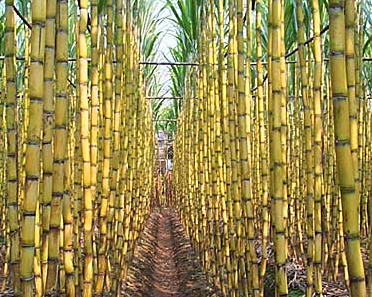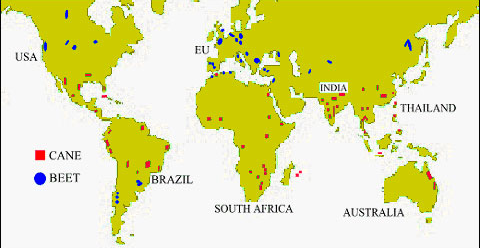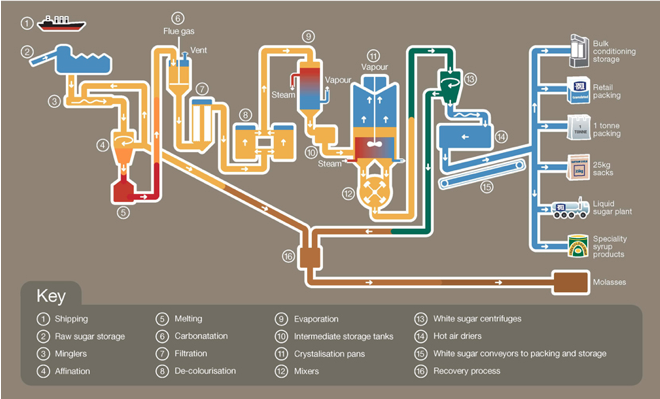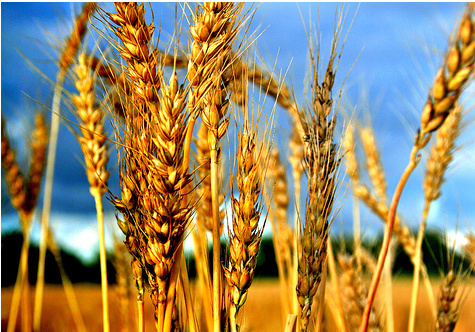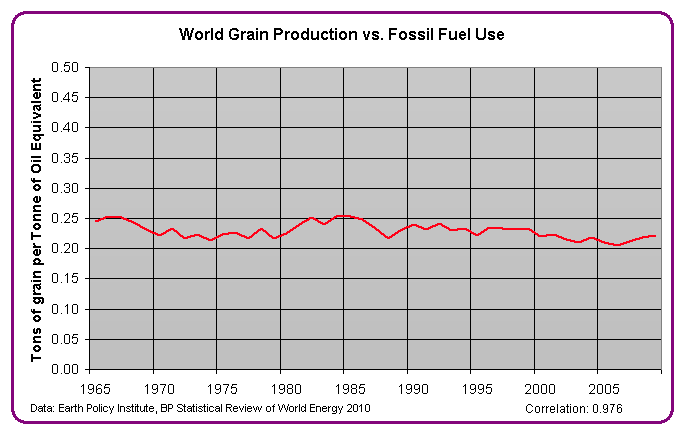Finally, as my desert I ate the oatmeal chocolate chip cookies I had baked the previous day. I would consider myself a pretty frequent baker and so I keep my shelves stocked with typical ingredients like flour, sugar, baking powder, baking soda, chocolate chips and the like. I usually figure, if I am going to consume these foods, it is probably better to make them myself rather than purchase them in a packaged form. However, upon more research, I began to realize just how much processing goes into these ingredients that are essentially processed beyond recognition of their original form.
Sugar
(Image Source: http://madmikesamerica.com/2011/04/sugar-is-sweet-cane-cools-climate/)
The Sugar I purchase is processed at the Redpath sugar plant in Toronto. Looking at their website, I was able to see just how many steps (and thus, how much energy) is involved in the production of the granulated cane sugar I used in my cookies. First, the sugar cane is grown in many tropical countries throughout the world, as shown on this map (Source: http://sugar.ca/english/educators/thejourneyofsugar.cfm)
As you can see, cane sugar cannot be grown anywhere near Canada, so its production involves a lot of fossil fuel for transportation. In addition to this, cane sugar undergoes initial processing near the farm into raw sugar which can then be shipped around the globe for even further processing. Once the raw sugar arrives in Toronto for even further processing, it undergoes and intensive multistep filtering, boiling and recrystalization process. This is, I suspect, mediated by fossil fuel-guzzling machines.
Image Source (http://www.owskalnik.pl/sugar-production-process-flow-chart&page=5)
When all is said and done, sugar production requires an inordinate amount of energy to make into the form that we recognize.
Flour
(Image Source: http://www.wellnessonline.com/health-tips/nutrition/foods/foods-g-z/wheat/)
What about flour? Does its production require as much energy as sugar does. While wheat may be slight more energetically favourable because it is grown and canada and thus requires less transportation, the production of flour involves a lot of processing. This video below shows the highly mechanized process involved in wheat production:
In addition, the graph below shows that it takes a shocking 4 tonnes of oil to produce one ton of grain.(Source: http://www.paulchefurka.ca/Food_Energy.html)
Flour and sugar are two ingredients that many people have on hand as a staple. However, I doubt that many people even know what the original sugar cane crop even looks like, let alone how much energy goes into processing these ingredients. It goes to show that even when I think I am making something “from scratch”, that is really not the case at all. This is highly connected to modern society’s distance from the land as we are often unaware of the origins of our food.
